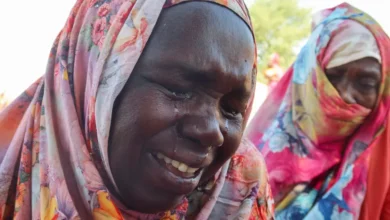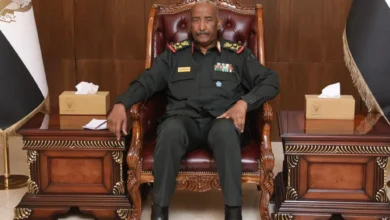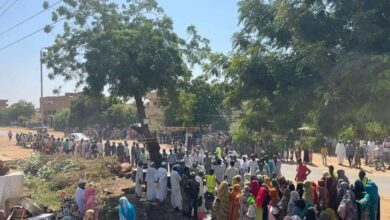UNITAMS ends its mission in Sudan…what after?
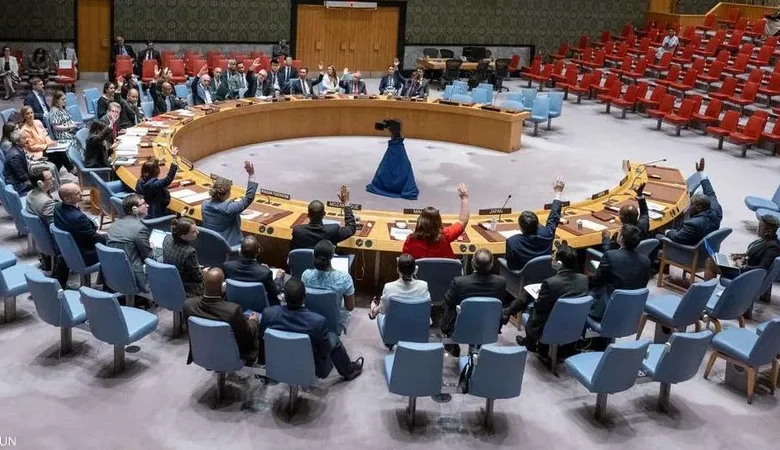
After months of tension between the Sudanese government and the head of the United Nations Mission to Support the Transition in Sudan (UNITAMS), Volker Peretz, the UN Security Council ended the mission’s mission in Sudan and transferred its tasks to the UN agencies in the country, amid division in political circles over the move.
Supporters of the Sudanese army and its leadership considered the move a victory for the national will and Sudanese diplomacy, while opponents of the regime of the head of the Sovereignty Council, Abdel Fattah al-Burhan, believe that the continued deterioration of the situation in the country will lead to a new international intervention that allows the use of force.
The Sudanese Foreign Ministry expressed in a statement its satisfaction with the decision to end the mandate of the UN mission. Undersecretary Dafallah Al-Haj Ali pledged to work to stop the war, address its effects, and complete the course of the transition period, by reviving an expanded political process with pure national will that leads to free and transparent elections.
Last Friday, the Security Council approved the end of the mandate of the UNITAMS mission, effective today, Sunday, December 3, with a vote of 14 of its members and Russia abstaining from voting.
Different positions
The head of the National Movement Forces Alliance, Al-Tijani Sisi, believes that ending the UNITAM mandate came too late after it plunged the country into a devastating war. Sisi said, “UNITAMS went and did not succeed in implementing any of the provisions contained in its mandate, and it bears full responsibility for increasing the pace of political polarization in Sudan.”
It is believed that Volker Peretz’s bias towards the Forces of Freedom and Change, which showed intransigence and closed the doors to national consensus, contributed to pushing the country towards war.
On the other hand, the leader of the Forces of Freedom and Change, Maher Abu Al-Goukh, says, “The end of the mission of the UN mission was imposed by variables, the most prominent of which is that it works in accordance with Article Six of the United Nations Charter to support the democratic transition, and with the outbreak of war, the scene became linked to threats to security and regional peace, which requires measures in accordance with Article Seven.” “It is outside the mission’s mandate.”
In the same direction, the head of the opposition Beja Congress Party and spokesman for the Revolutionary Front Alliance, Osama Saeed, believes that ending the tasks of the UN mission opens the way for the Security Council to adopt serious and practical steps to impose peace in the event that a comprehensive political settlement is not reached, given that the continuation of the current situation in the country represents a threat for international peace and security.
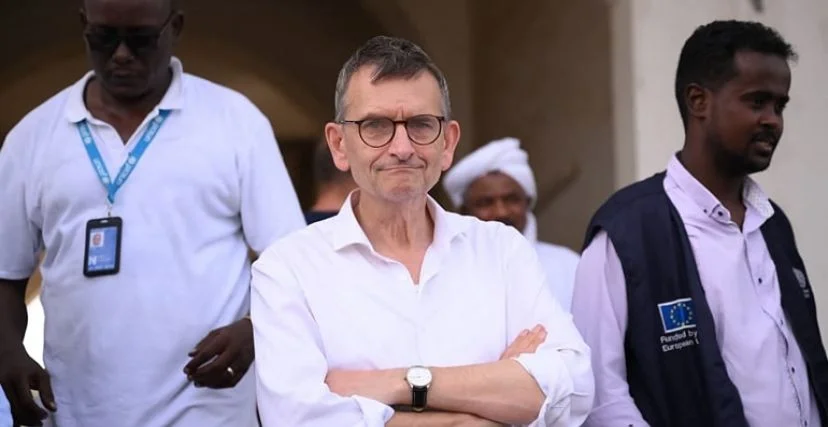
Tensions have persisted since the founding of UNITAMS
The UNITAM mission was established in January 2020 at the request of the Prime Minister of the Transitional Government at the time, Abdulla Hamdok, with the aim of assisting Sudan in the democratic transition, achieving peace and assisting development, under Chapter VI of the United Nations Charter.
The Prime Minister’s request was not agreed upon within the Transitional Authority, especially the military component of the Sovereignty Council, which had reservations about the tasks specified by Hamdok. Other reservations also emerged, most of which came from Islamic movements that considered Hamdok’s move an attempt to place Sudan under international guardianship, amounting to treason and requiring him to be held accountable.
After the army’s actions on October 25, 2021 against the Hamdok government and the ruling coalition, the Forces of Freedom and Change, and the war that broke out in Khartoum in mid-April, the campaign against the UN mission expanded.
Protests were held demanding her expulsion and the end of her mandate. Al-Burhan also threatened to expel the head of the German mission, Volker Peretz, who was forced to resign last September, 3 months after the Sudanese Foreign Ministry informed the United Nations that Peretz was an “undesirable” person.



